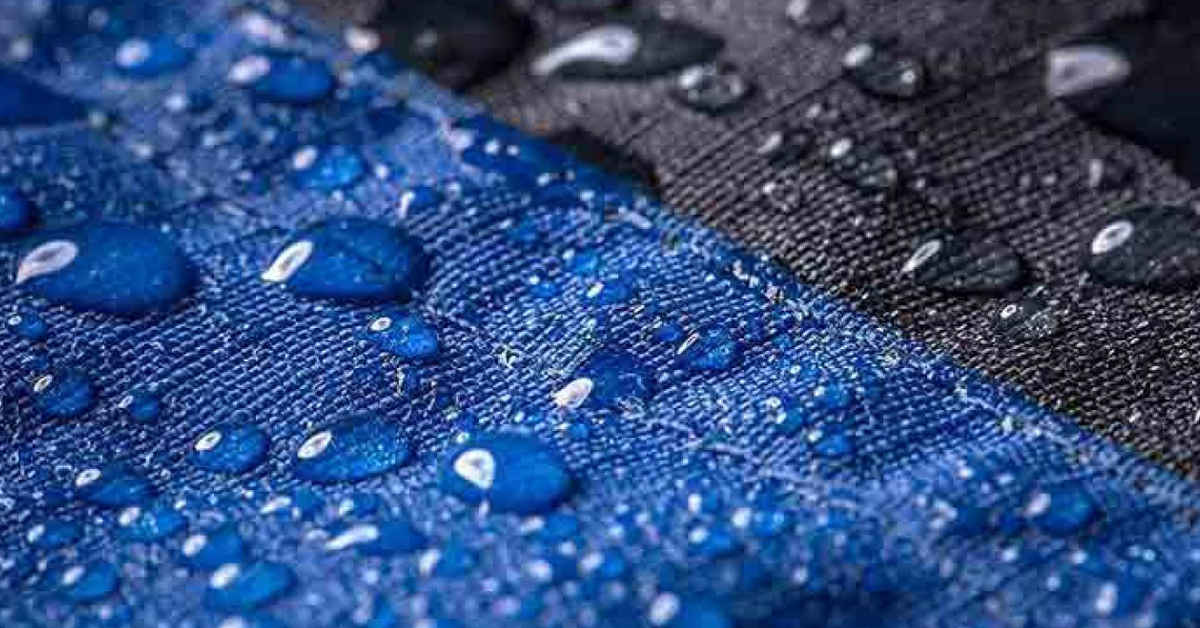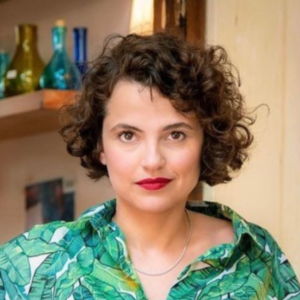
Building on THE NEXT SOCIETY project, Berytech, in partnership with Anima Investment Network, launched the ‘Scale-up voucher for Clusters’ project offering a technical assistance voucher to assist regional clusters in developing their growth strategy and expanding business opportunities for their cluster members.
Six clusters were selected from the Mediterranean region, Tunisia, Morocco & Lebanon, to benefit from this opportunity based on their mission, track records, growth plan, and milestones.
Berytech has created a series of interviews with the six clusters to learn more about their work, the success they have had in building an impactful cluster and the challenges they face.
The six clusters are QOOT Lebanon, Menara Morocco, MDFC Morocco, Valbiom Morocco, Textile Technique du Sahel Tunis (2TS) and CE3M Morocco.
Meet the Textile Technique du Sahel (2TS) Cluster
Introduce your cluster, its objective, the industry it works in, and the type of companies it gathers.
The ‘Textile Technique du Sahel: 2TS’ (Technical Textile of the Sahel: 2TS) cluster aims to promote technical textiles in Tunisia, a very promising niche at the industrial level with a positive impact on the national economy.
The specific objectives of this cluster are to:
- Promote the Tunisian technical textile sector at the national and international level
- Contribute to the economic and technological development of the Tunisian textile and technical industry
- Contribute to growing the value chain of the technical textile industry
- Contribute to the development of the sectoral strategy at the national level
The cluster gathers 26 members: 18 SMEs & Startups, research structures, academic institutes, the association of Tunisian textile researchers & the university’s technology transfer office.
It is important to mention that technical textiles are mainly based on research and development activities and therefore require a highly qualified workforce.
What has been the impact of your cluster on the industry it works in?
The cluster has made it possible to carry out actions of collective interest for member companies: shared purchases, participation in exhibitions, technical assistance to access industry 4.0, technical assistance to explore the African market, etc.
What is the importance of your cluster in particular and creating clusters in general to your country?
‘Technical textiles’ is a very promising niche for the textile sector in Tunisia. Tunisian companies have acquired sustainable advancements in this sector: meditech, hometech, protech, mobilitech, pachtach, clothtech, sportech, indutech, and agritech. Their products are sold in international markets.
On the other hand, the cluster benefits from a strategic watch around everything that interests the sector: technological innovation, new products, international fairs, etc.
What are the main advantages that companies receive from being in your cluster?
Subject to increasingly strong and increasingly international competitive pressures, companies are led to redefine or develop new strategies for certain segments or even on the entire value chain. Strategies of cooperation between firms are means by which they can gain several economic advantages.
With clusters, small companies find themselves in a position of strength against large companies thanks to the niche markets they have access to. Moreover, the cluster offers a greater capacity for international openness.
What are the main challenges you face while achieving your main objective?
Facilitating the cluster is a meticulous task and requires intellectual effort and full-time devotion to cluster-related activities and this could be our main challenge at the moment.
What kind of support do you wish to receive in the future?
Our cluster needs technical support to develop the facilitator’s skills and acquire good practices that have helped the other “success story” clusters move forward.
We also need financial support to grow and activate the cluster.
THE NEXT SOCIETY is an open community of change-makers, entrepreneurs, investors, corporates, NGOs, public and private innovation, research, and economic development hubs from Europe and 7 Mediterranean countries: Algeria, Egypt, Jordan, Lebanon, Morocco, Palestine, and Tunisia. It aims at mobilizing, promoting, and reinforcing innovation ecosystems and economic development in the MENA region.









